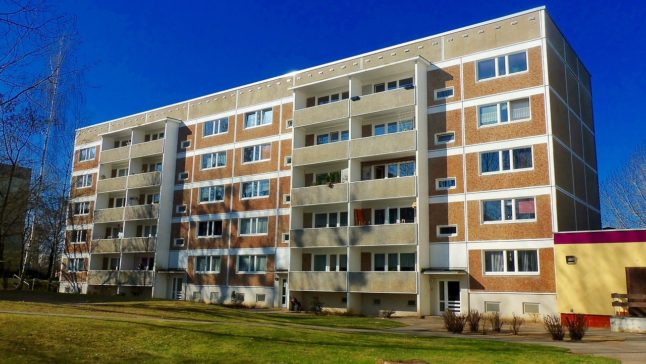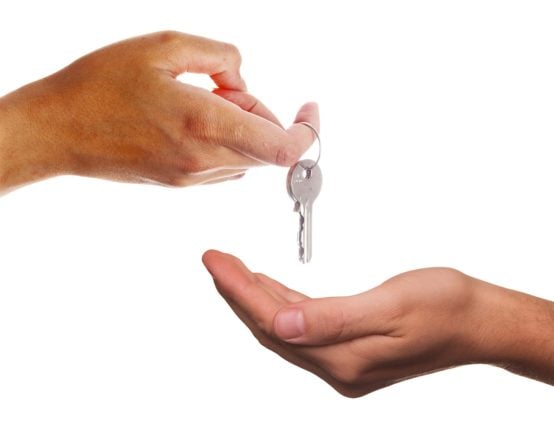Overall, rents have increased by 1.4 percent on average in the country, though some areas have registered higher or lower hikes, according to ImmoScout 24’s Swiss Real Estate Offer Index released on Wednesday.
“October not only brought record-high temperatures, but also a significant increase in rental costs”, the survey found, adding that “tenants who are looking for an apartment right now must expect higher prices”.
The areas most affected by higher rents are central Switzerland and Zurich, which registered above-average increases, at 3.8 and 3.7 percent, respectively.
However, the situation is a bit better in the eastern part of the country, where rents rose by 0.6 percent, in the Central Plateau (0.4 percent), and in the Lake Geneva region (0.4 percent).
Mietpreise im Oktober schweizweit gestiegen https://t.co/vxvePxmSJa pic.twitter.com/rT2jCzZuj5
— ImmoScout24 (@ImmoScout24ch) November 2, 2022
The latter statistic is (pleasantly) surprising, as the region, which encompasses Geneva and parts of Vaud, is among the most expensive in Switzerland.
On the other hand, rents actually fell in the northwestern regions (−0.6 percent) as well as in Ticino (−2.9 percent).
Looking ahead, the Index found that “it is quite possible that tenants will have to prepare for further increases in the coming months, as some of the inflation could be passed onto rents”.
One of the reasons for the upward trend — besides inflation — is “the growing demand caused by immigration and the housing shortage that is widespread in numerous regions” the survey found.
As The Local recently reported, property experts have been predicting for months a decline in the number of rental accommodations in most parts of the country.
According to Martin Neff, chief economist at Raiffeisen bank, the Swiss rental market is clearly heading towards a shortage. “Vacant housing will soon become scarce”, he warned.
Other than inflation and the “high demand-low supply” dynamic on the rental market, another reason for price hikes is because building standards are becoming more demanding and more expensive to implement. “It is therefore becoming more and more difficult to find cheap accommodations”, according to Robert Weinert, who carried out a new market analysis, Immo-Monitoring 2023.
At the same time, the cost of heating is also climbing, expected to increase the rent by 5 percent of an average gas- or oil-heated apartment next year, he said.
READ MORE: Switzerland set to experience housing shortage and (even) higher rents in 2023



 Please whitelist us to continue reading.
Please whitelist us to continue reading.
Member comments